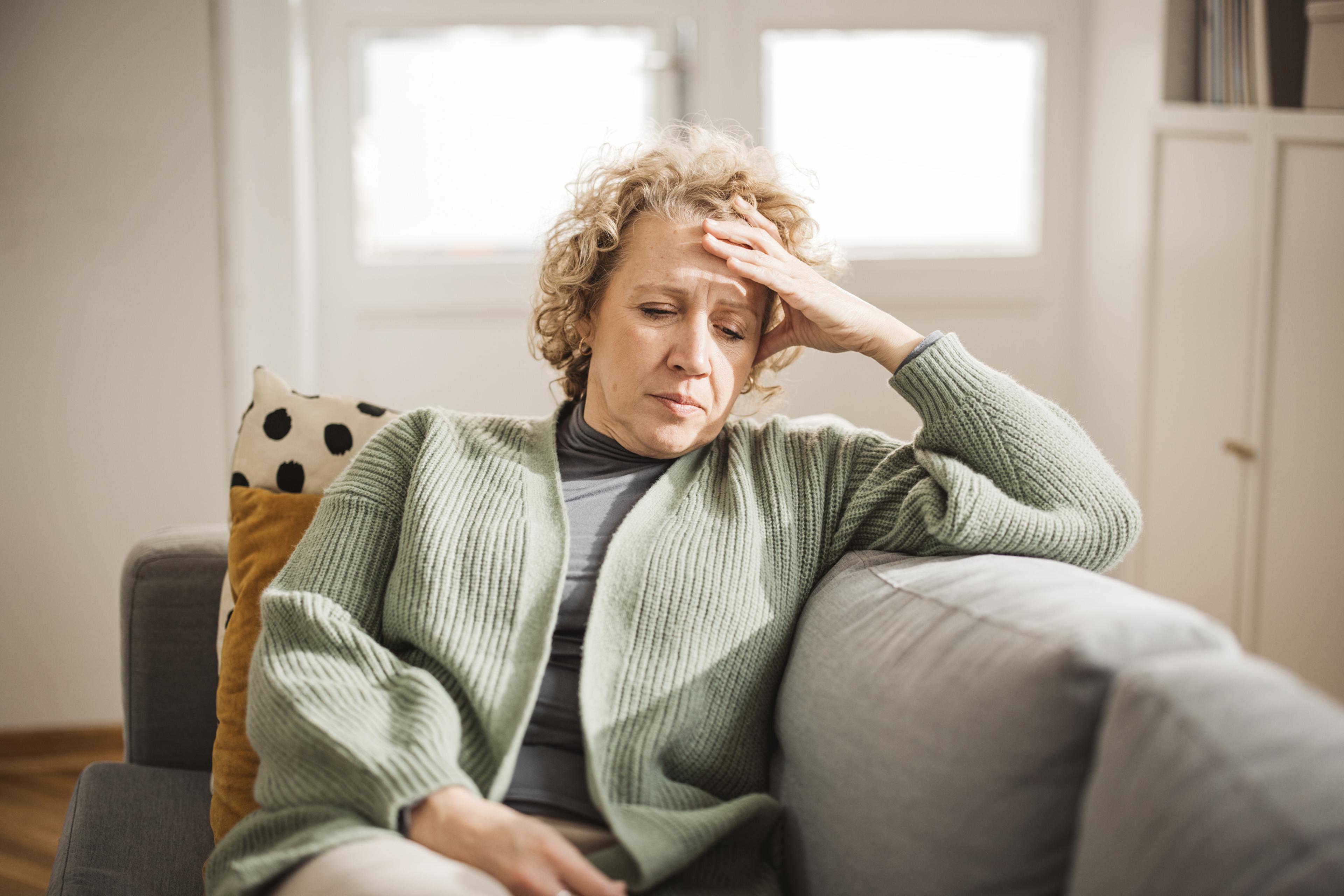Virtual Treatment: Online Support Options Helping People with Substance Use Disorders
Julie Bitely
| 3 min read

As the COVID-19 pandemic persists, many people needing support with substance use disorders are finding it online. Stephanie Howey and Bruce Goldberg have both been leading intensive outpatient programs for people with substance use disorder through video conferencing. Both Howey and Goldberg, counselors with River’s Bend PC in Troy, moved their treatment groups online when stay-at-home orders made meeting in person impossible.

Bruce Goldberg Online substance use groups like the ones offered through River’s Bend are just one of the innovative ways behavioral health providers across Michigan are making sure their patients receive the treatment they need. Blue Cross Blue Shield of Michigan recently announced coverage for many types of virtual services to support low-to moderate-risk patients with substance use disorder. At first, Goldberg said he was skeptical that a virtual group could replace the camaraderie and sharing that take place during in-person meetings, but he’s been pleasantly surprised. “The feedback we’ve received is that it’s keeping them structured and connected and they’re actually developing pretty strong relationships this way,” he explained. The groups meet three times per week for three hours at a time. Many participants have enjoyed being able to stay home and meet, which reduces the stress of trying to make it to the group on time for those coming from work. For those who might have a dual diagnosis such as anxiety, being at home can also feel more comfortable. Howey said she’s heard from participants that the sessions give them something to look forward to, especially for those who aren’t working. They can go in their bedroom or office and have three hours to focus on themselves.

Stephanie Howey In addition to focusing on coping skills related to their substance use disorders, many participants have been personally affected by COVID-19. Some have lost friends or family; many know people who are or have been sick, and the sense of powerlessness in the face of it all is something that comes up often. “The triggers are different because they’re so isolated,” Goldberg said. He encourages his group members to focus on what they can control, which is mainly their reaction to events as they unfold. “I try to encourage people to wake up and do something that’s positive, whether it’s exercise, yoga, prayer, or meditation – and make sure you end your day that way too,” he said. Making sure to see someone’s face for at least 30 minutes per day – even if it’s through a screen – is one coping technique Howey recommends to her group participants. That daily check-in can go a long way to keep people feeling connected and accountable, and even though recovery looks different than it used to, she’s encouraged that the people she’s working with have found ways to adapt. From her perspective, they’re resilient and willing to change for their continued health. “I’ve seen across the board so much willingness,” she said. “They’re willing to try anything.” If you need help with substance use disorder or other behavioral or mental health issues, there are many ways to connect:
- If you’re a BCBSM or BCN member, call the behavioral health number on the back of your member ID card.
- Blue Cross Blue Shield of Michigan is offering a free crisis hotline for emotional support for members and non-members at 833-848-1764, which is staffed by BCBSM’s behavioral health partner New Directions.
- The Michigan Department of Health and Human Services (MDHHS) has launched a statewide warmline for Michigan residents living with persistent mental health challenges including anxiety, depression and trauma. It is available seven days a week from 10 a.m. to 2 a.m. at 888-PEER-753 (888-733-7753).
Related:
Photo credit: damircudic





